Physiology News Advisory Group
Members of the Physiology News Advisory Group join us from around the world, bringing expertise across physiology, including research, education, clinical and industry backgrounds.
Advisory Group Chair: Dr Féaron Cassidy, Early Career Trustee
Dr Alexander Carswell, University of East Anglia, UK
Dr Christopher Torrens, RCSI, Republic of Ireland
Dr Katherine Roger, Queen’s University Belfast, UK
Dr Lalarukh Harris, Shaikh Palantir Technologies, UK
Dr Matthew Hardy, University of Bradford, UK
Dr Roslina Abdul Rahim, International Islamic University Malaysia, Malaysia
Dr Wendy Hempstock, University of Shizuoka, Japan
Dr Yasser El-Wazir, Suez Canal University, Egypt
Dr Zoran Redzic, Kuwait University, Kuwait
Kevin John, University of Canberra, Australia
Past Advisory Panel members
Professor Lucy Green, Trustee and Chair of Communities Committee (Served as Advisory Group Chair from 2023 – 2025)
Past Editorial Board members (Worked on the magazine from 2018 - 2023)
Dr Keith Siew, Scientific Editor, University College London, UK
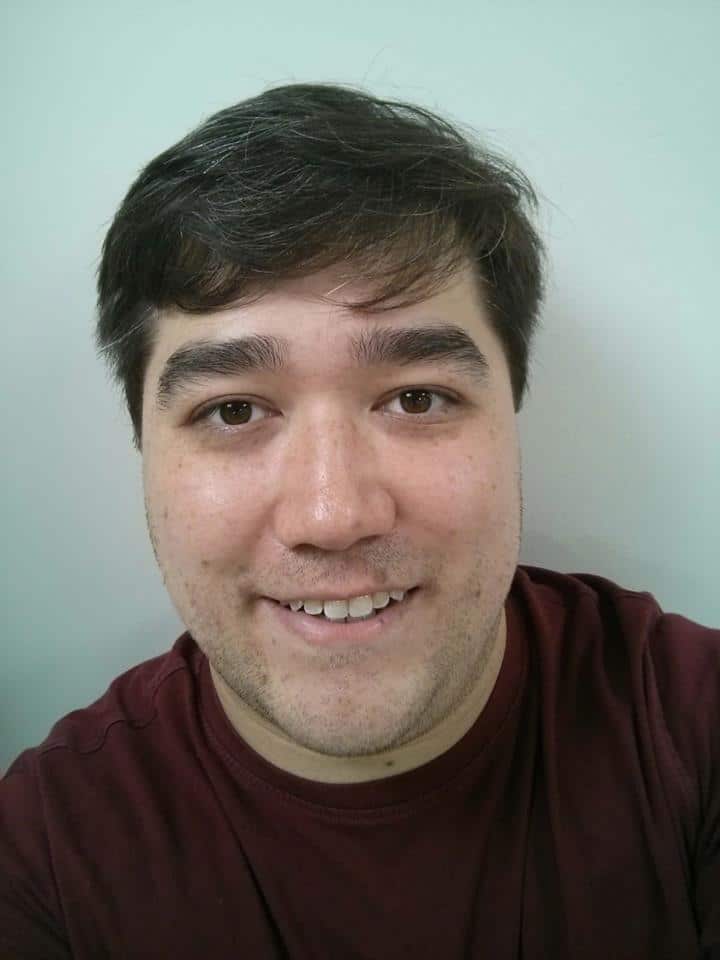
Twitter:@KeithSiew
Keith’s first taste of The Society was as a physiology/pharmacology undergrad attending the 2009 Dublin meeting where he sat and read through his first copy of Physiology News. Little did he know that he would eventually become a Council Affiliate Representative, serve on numerous committees, get on the Physiology News Editorial Board and eventually become its youngest Scientific Editor. This all happened whilst attempting to finish an MSc in imaging, and PhD in medicine and starting an international postdoctoral fellowship pursuing his passion for renal physiology and technological innovation. It is his hope to strengthen and modernise Physiology News and give back to a Society which has given him so much.
Dr Ronan Berg, University of Copenhagen, Denmark
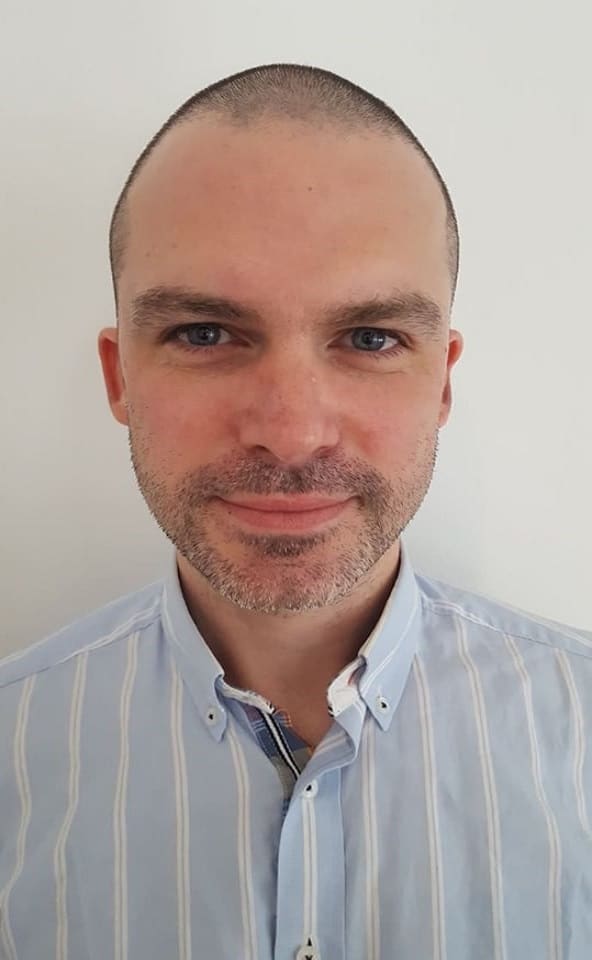
Ronan Berg is an Associate Professor of Physiology with a clinical background as an MD (2009) specializing in clinical physiology and nuclear medicine. He obtained a PhD in medicine (2014), and furthermore serves as Visiting Professor at the University of South Wales. He has been a Member of The Physiological Society since he first started doing scientific research as a student. His research currently focuses notably on the pulmonary pathophysiology in various clinical populations including chronic obstructive pulmonary disease, pulmonary hypertension, and critical illness.
Dr Alexander Carswell, University of East Anglia, Norwich, UK
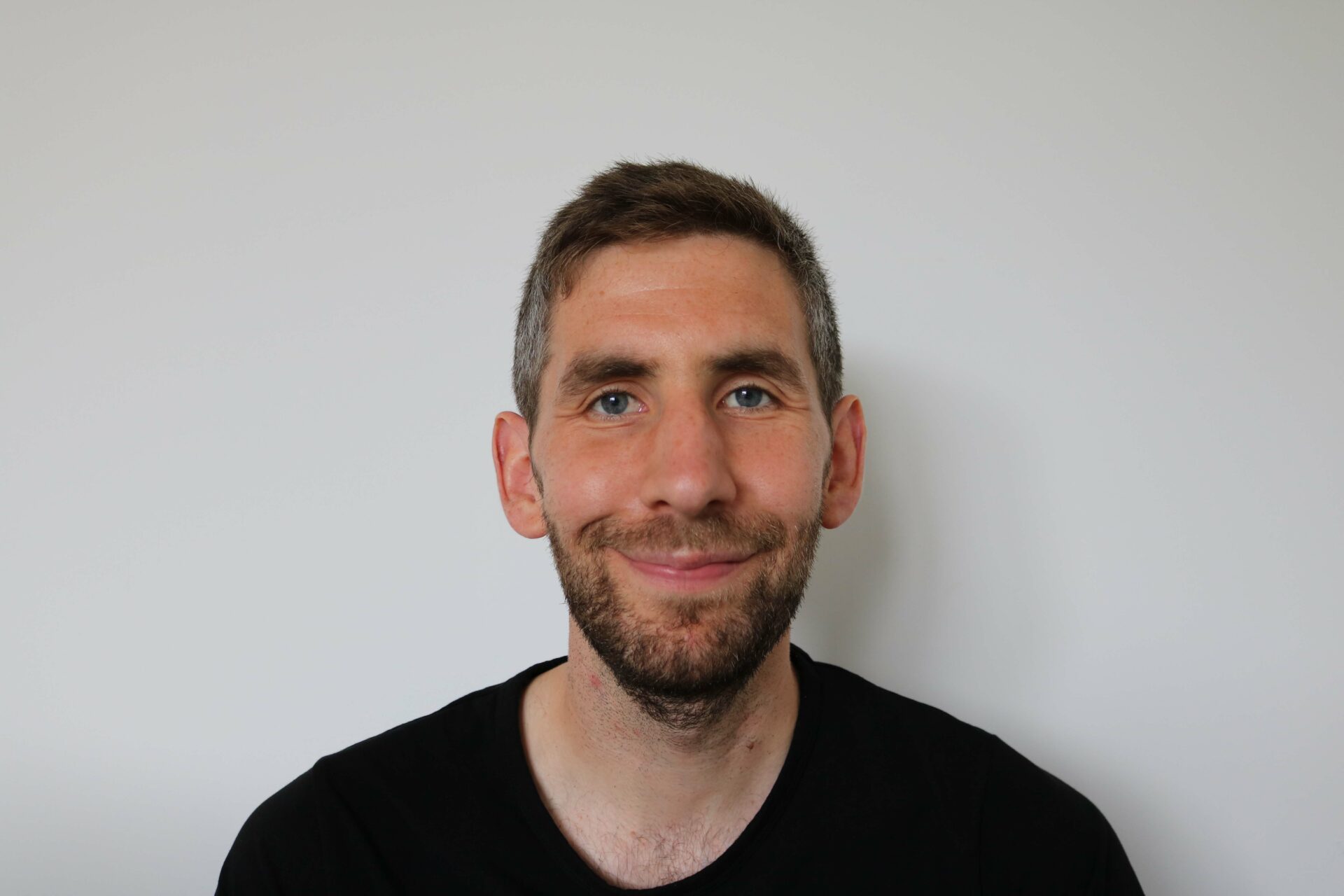
After completing my undergraduate degree in sports biomedicine at the University of Dundee, UK, I studied exercise physiology as a postgraduate and have since undertaken several years of postdoctoral research. I have had the privilege of being a member of the Extremes Research Group at Bangor University, UK Endurance Research Group at the University of Kent, UK and Norwich Medical School at the University of East Anglia, Norwich, UK. I have worked on multidisciplinary, UK Ministry of Defence research projects since 2014, with our findings used to support policy. I am motivated to better understand the physiological mechanisms underlying human health and physical performance, with an interest in the impact of exercise, nutrition, and environmental extremes. I became a member of The Physiological Society during the first year of my PhD and joined the Editorial Board of Physiology News in 2021.
Dr Wendy Hempstock, University of Shizuoka, Japan
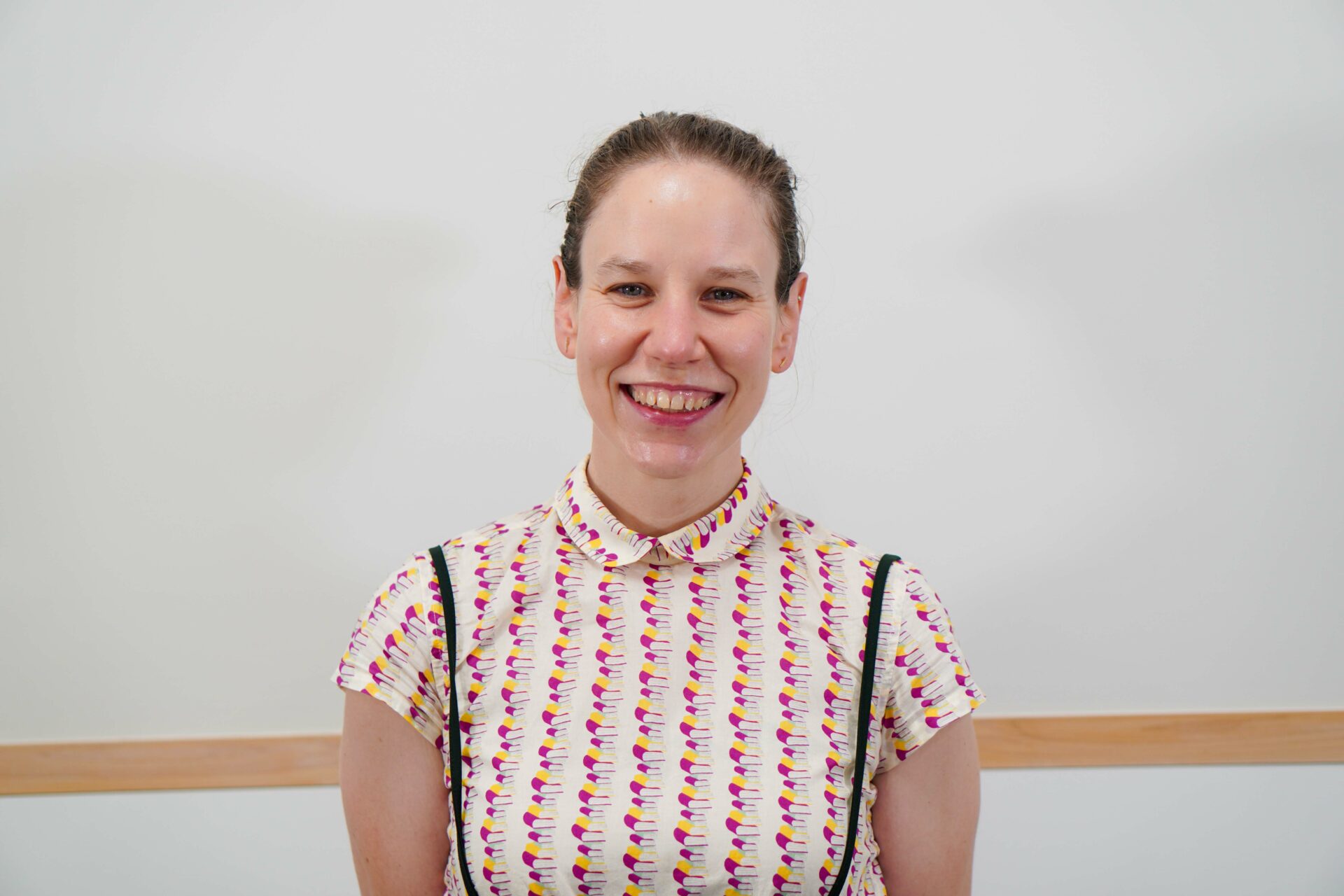
I joined The Physiological Society after starting my PhD studies in the Laboratory of Physiology at the University of Shizuoka in Japan. I completed my degree this year (2021) and am now working as an assistant professor in the School of Nursing at the University of Shizuoka. My research is in the intestine, and my PhD focused on the role of tight junction proteins in the transport of water and sodium in the large intestine of mice. Currently I am working to establish my own lab and find my place in the world of physiology, which luckily has brought me to the Editorial Board of Physiology News. Since I joined The Society, I have enjoyed learning about the history and other areas of physiology outside my own through reading Physiology News and I am excited to be able to take part in the creation of future issues. I am also interested in physiology education, and I hope to get some tips for teaching my nursing students (many of whom do not seem so keen as I am about physiology).
Dr Philip Lewis - University Hospital of Cologne, Germany
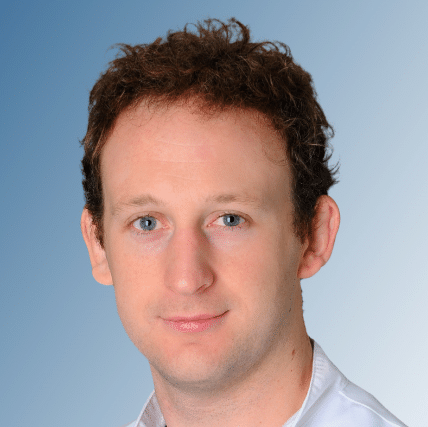
Twitter: @philip0lewis
Philip holds a BSc in physiology from University College Dublin, a PhD in physiology from University College Cork, and has been employed as a postdoc at the University Hospital of Cologne (Germany) for about a year and a half. He first joined The Society as an undergraduate, and it has given so much to him since: opportunities to present work at Society meetings, visit other laboratories to learn techniques, and meet countless Society members who bring fascinating research and enthusiasm to our field. It is a privilege for him to be part of the Physiology News editorial board and to give something back. His research interests are broad – as a PhD trainee he worked on skeletal muscle functional and molecular adaptation to hypoxia in animal models. He now researches chronobiology and sleep’s contributions to health and disease in humans.
Dr Dervla O’Malley, University College Cork, Republic of Ireland
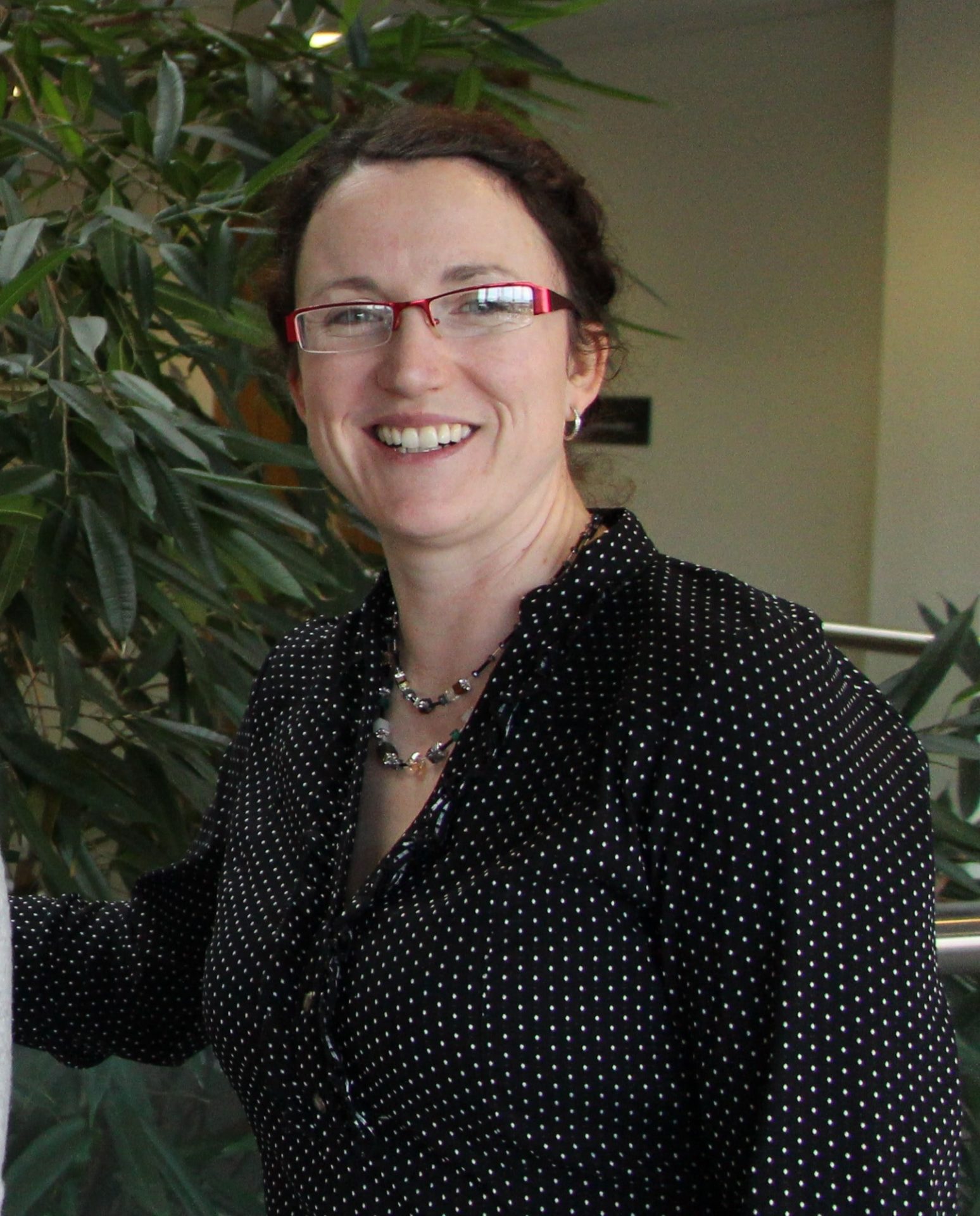
Dervla is a Lecturer and Principal Investigator in the Department of Physiology and the APC Microbiome Institute, University College Cork, Ireland. Her research is focused on investigating the role of enteroendocrine L-cells in cross-barrier translation of microbial signals to the host nervous system. She has also received funding from the Irish Health Research Board to investigate cognitive dysfunction in neuromuscular disorders. She joined the Physiology News Editorial Board in order to become more involved with The Physiological Society, which has supported her career since she was a postgraduate student. She believes Physiology News has an important role in keeping members up to date with society activities and the latest physiological research. Also, as a scientist in the Republic of Ireland, she hopes to offer a diverse viewpoint, to enrich the publication and broaden its appeal.
Dr Lalarukh Haris Shaikh, Palantir Technologies, USA
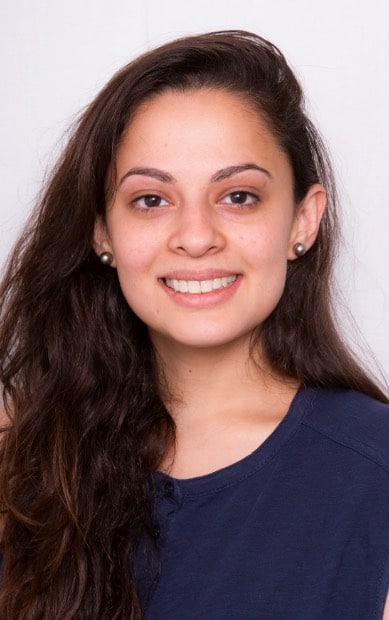
Lalarukh became a Member of The Physiological Society during her PhD in Medicine from the University of Cambridge, which was funded by the British Heart Foundation. As an Affiliate Member of The Society, she really enjoyed learning about physiology sub-disciplines that were different from hers and were featured throughout Physiology News. She felt this made her own research more innovative. After a postdoc investigating drug targets for primary hyperaldosteronism due to secondary hypertension, she decided to move towards industry where she is now leading pharmaceutical, healthcare and finance initiatives using data to power decisions such as the top few drug targets that are most likely to make phase I of a clinical trial. Alongside her current role, she also co-founded and currently sits on the executive board of a mental health charity that aids in reintegrating patients who suffer from mental illness back into mainstream society.
Dr Christopher Torrens, Royal College of Surgeons in Ireland, Republic of Ireland
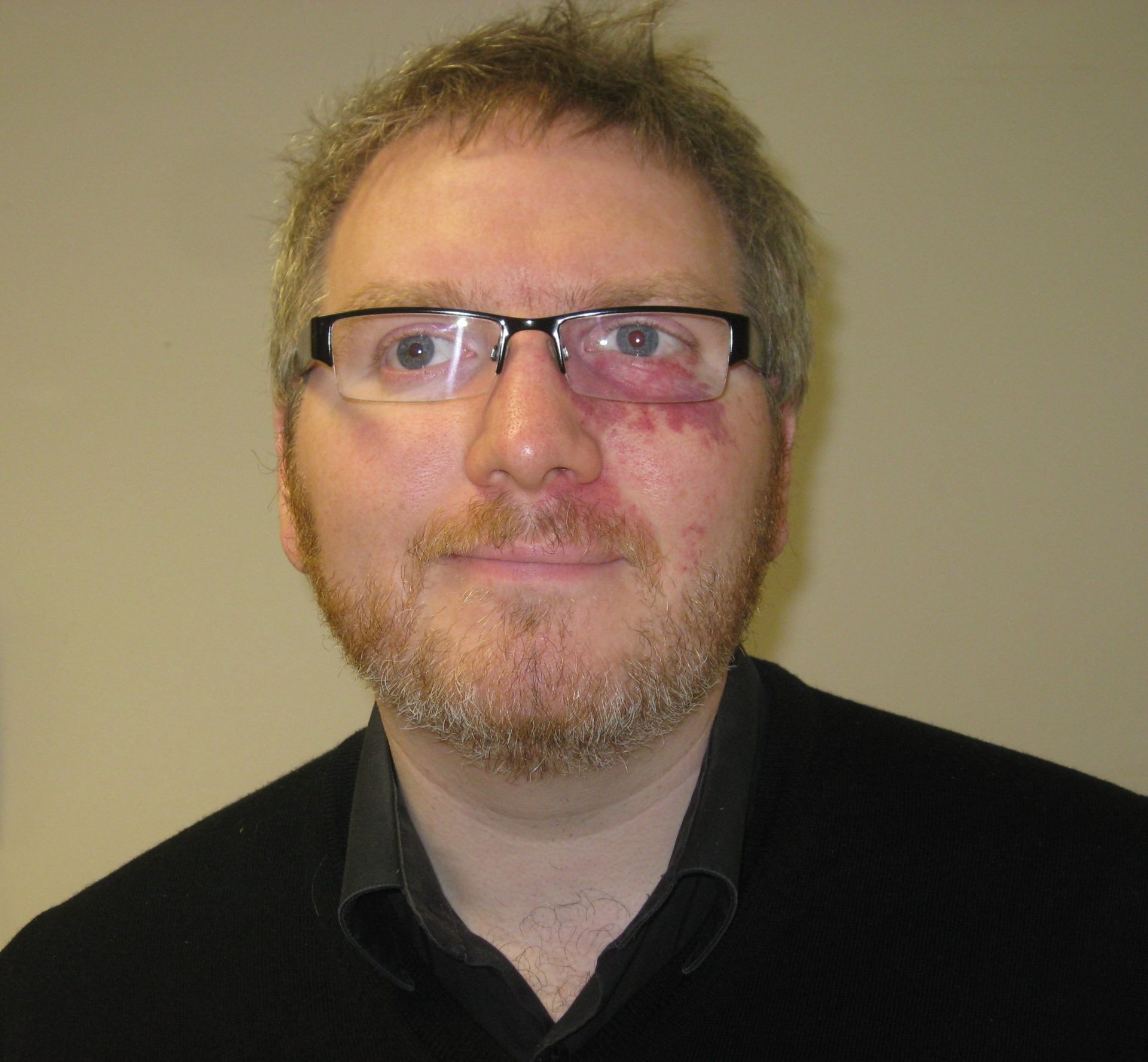
Twitter: @chris_torrens
Christopher is an Associate Professor of Physiology and Medical Physics at the Royal College of Surgeons in Ireland, Republic of Ireland. He is a vascular physiologist by training and started off his career between the Placental & Perinatal and the Microvascular & Endothelial areas of physiology. As his career has progressed he has become more involved in teaching and so he is now most likely to be found in the Vascular & Smooth Muscle as well as the Education & Teaching Themes. He joined The Society in 2001 during his PhD. Since then, he has been a Society Representative, served on the Education & Outreach Committee and became a Fellow Member in 2017. Throughout his time as a member, he has always read Physiology News and its diverse output of news, research and Members’ views. Now, as a member of the Editorial Board he wants to ensure it continues to promote physiology, The Society and the great work done by our Members.
Dr Havovi Chichger, Anglia Ruskin University, UK
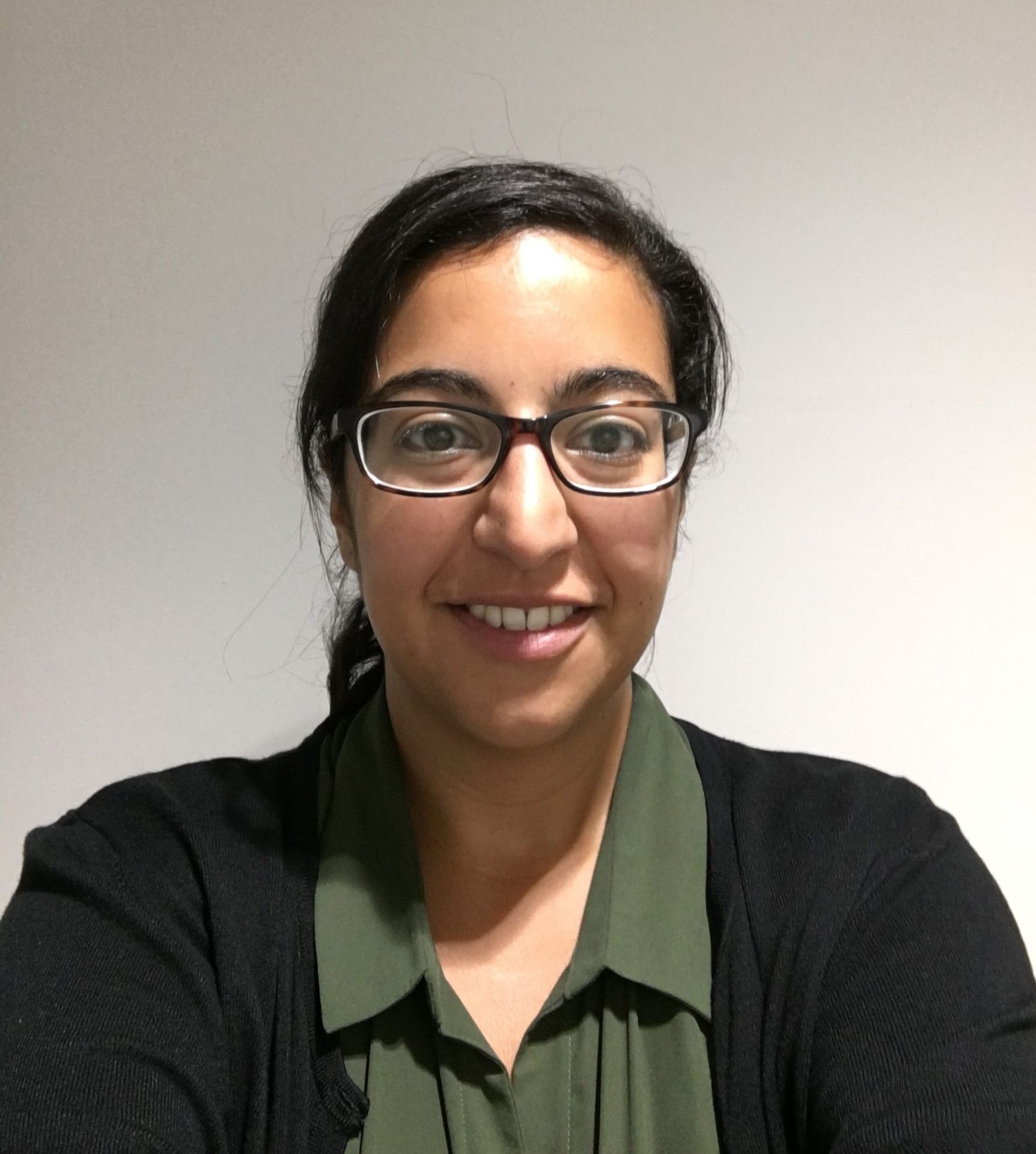
Twitter: @DrHaviChichger
Havovi is a Senior Lecturer in Biomedical Science at Anglia Ruskin University and she is responsible for all the physiology teaching on the undergraduate course. Her main research themes are Epithelia & Membrane Transport (developed during my PhD studies) and Cardiac & Vascular Physiology (developed through early career fellowships). She has been an active Member of The Physiological Society since joining as a PhD student in 2007, where she found The Society a great resource in terms of network, travel funds, physiology news and conferences. As an academic, she appreciate the opportunity to contribute to The Society as a member of the Finance Committee and as an Editorial Board member for Physiology News, she looks forward to contributing to promoting the great physiology work performed by the community.
Dr Michael Edward James Preedy, Yale University School of Medicine, New Haven, CT, USA
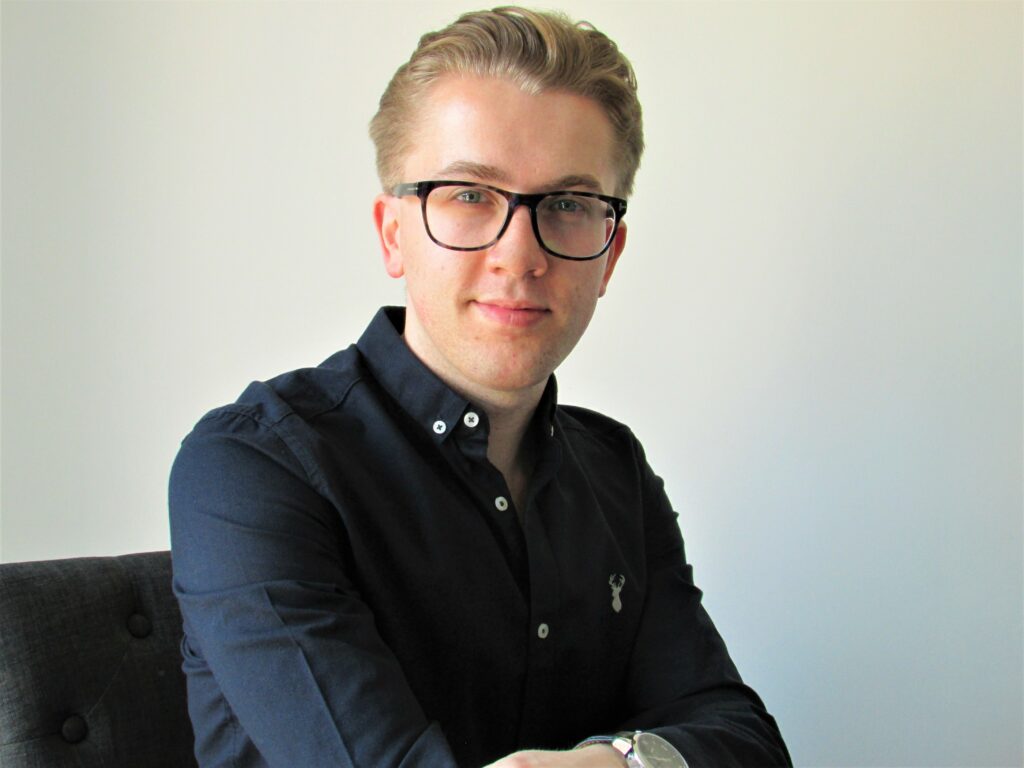
Michael is a cardiovascular pharmacologist. He received his undergraduate degree from the University of East Anglia in 2015, and his doctorate from Queen Mary University of London in 2020. He was also educated at Yale University where he was a Fulbright Scholar. Michael is currently a Postdoctoral Fellow in pharmacology at the Yale School of Medicine where he investigates the regulation of lipid metabolism within the cardiovascular system. Michael joined The Physiological Society in 2016 as an Affiliate Member, and became a Full Member in 2020. Whilst on the Editorial Board of Physiology News, he hopes to promote and advance The Society, foster new relationships with members, and grow as an early career researcher.
Dr Richard Hulse, Nottingham Trent University, UK
Richard Hulse is a sensory neurophysiologist, at Nottingham Trent University, who investigates how the sensory nervous system regulates pain perception in health and disease. He contributes to undergraduate and postgraduate teaching across neuroscience, physiology and pharmacology. He is module lead for MSc research projects. Having spoken directly to diabetic and cancer patients who suffer from pain, he is directly aware of how this can impact upon quality of life and forms the basis for many of the research questions he wishes to answer. Understanding the neurophysiology responsible for controlling pain is crucial if we are to understand what goes wrong in chronic pain sufferers.
Dr Katherine Rogers, Queen’s University Belfast, UK
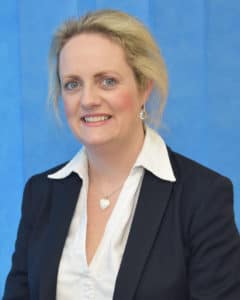
Katherine is a Senior Lecturer in the School of Nursing and Midwifery at Queen’s University Belfast, Northern Ireland. She teaches on a wide range of bioscience modules in undergraduate and postgraduate courses. Her doctoral thesis was in cell signalling and pharmacotherapeutics in molecular oncology. While she still maintains an interest in this field, her current research focuses on bioscience education and, in particular, innovative pedagogical methods to make science more accessible and engaging for students on health-related degree programmes in higher education. The Physiological Society has been very supportive to her in my academic career, so she joined the Physiology News Editorial Board to become more involved with The Society and to help make physiology more engaging to a wider audience. I hope that my involvement with the Editorial Board will help to further publicise Physiology News and to increase the readership to a wider audience, particularly among higher education students and postgraduates.
Past Editorial Board members
Fiona Hatch, Cello Health Communications, UK
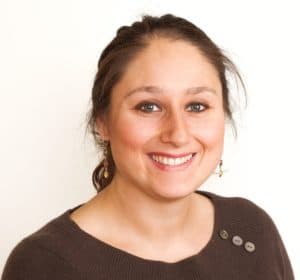
I completed my undergraduate degree in Biological Sciences at the University of Bristol and I went on to do a PhD in cardiology in the field of calcium signalling and ageing at the University of Hull. Since completing my PhD in 2013, I worked as a postdoctoral researcher at the University of Surrey focusing on intracellular signalling, atrial fibrillation and left ventricular hypertrophy. At this point, I decided to move away from academia and journeyed into the world of medical communications. I now work for Cello Health Communications, an agency that provides medical writing and management assistance to pharmaceutical companies. During my PhD and postdoctoral positions, I was an active Physiological Society Member and sat on the Education and Outreach Committee and the Policy Committee. I recently joined the Physiology News Editorial Board in 2017 and I hope to provide an industry-based perspective to the magazine going forward.
Peter Aldiss, University of Nottingham, UK
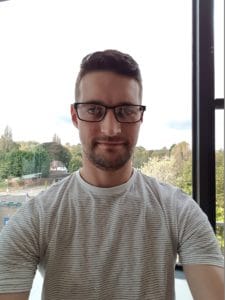
I am a British Heart Foundation funded PhD student at the University of Nottingham. Having completed my undergraduate degree in Exercise, Nutrition and Health at Nottingham Trent University, my research is now focused on the role of diet, exercise and the environment in regulating brown adipose tissue metabolism. I am a member of The Physiological Society’s Affiliate Working Group and the European Young Endocrine Scientists (EYES) committee where I hope to help advance opportunities for early career scientists. It is in this capacity that I joined the Physiology News Editorial Board where I represent early career researchers to ensure our voice is heard and our thoughts are expressed going forward.
Mark Dallas, University of Reading, UK
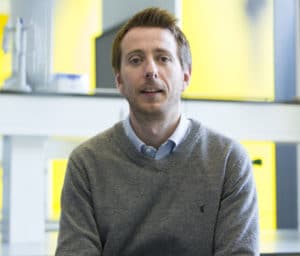
I have been a Member of The Physiological Society since I started my PhD studies at the University of Leeds. After completing a successful Alzheimer’s Research UK fellowship, I moved, in 2013, to take up a lectureship in neuroscience at the University of Reading. I have benefited throughout my career from membership of The Society through travel grants and also my first research grant. My research is looking at the ability of gasotransmitters to regulate ionic homeostasis within the brain. More recently, we are specifically interested in glial cells and their role in neurodegeneration. As well as being part of the Physiology News Editorial Board, I also serve as The Physiological Society’s Neuroscience Theme Lead.
Dr Angus Brown, University of Nottingham, UK
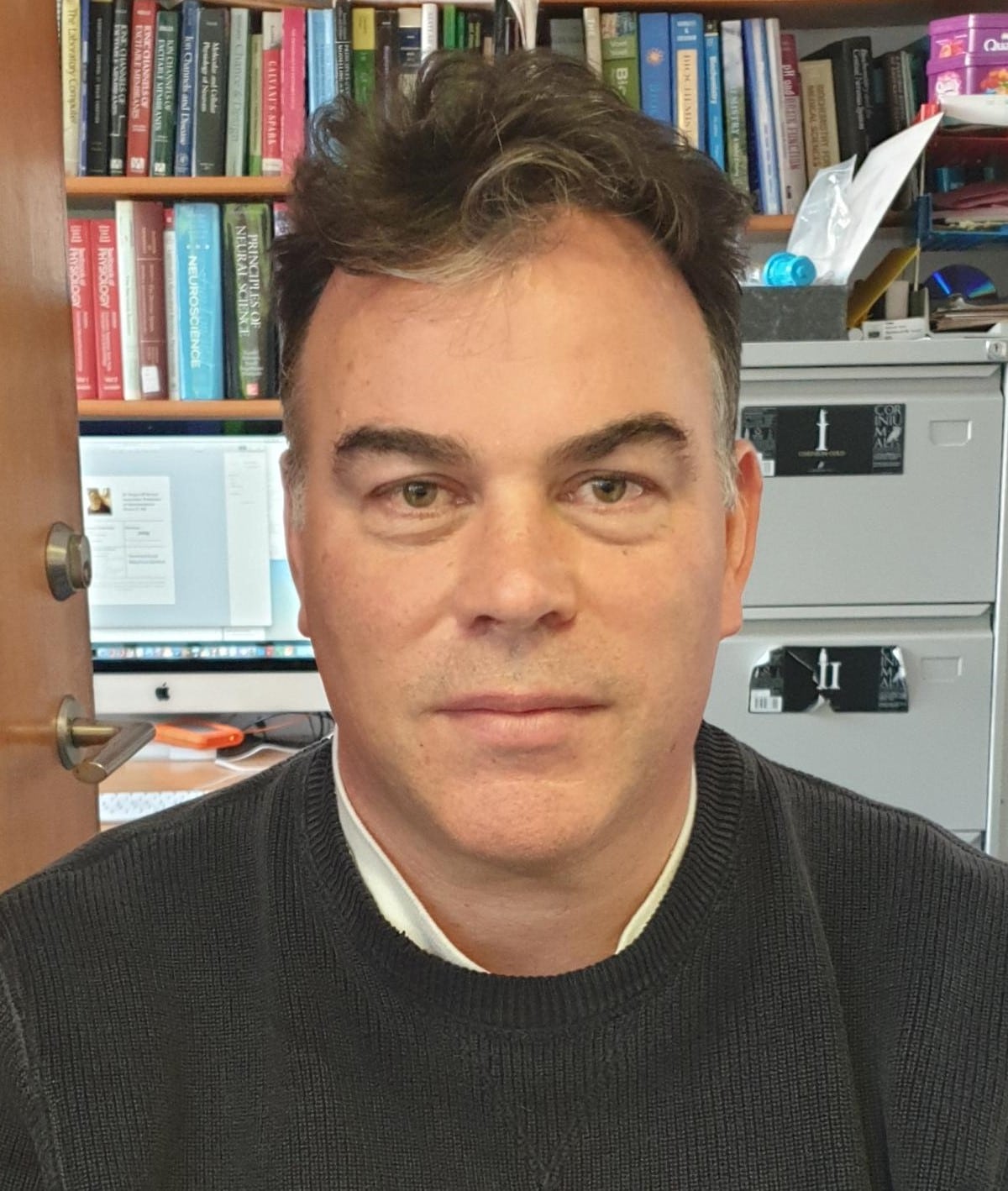
Angus is an Associate Professor in the School of Life Sciences at the University of Nottingham. His BSc degree was in physiology at the University of Dundee, which has fostered a lifelong interest in physiology, with a particular interest in neuroscience. His research focuses on energy metabolism in the nervous system. He teaches neuroscience and medical students all aspects of the nervous system, but glial cells and ion channels are his passion. He joined The Society in 1995 and served on the Physiology News Editorial Board from 2008-2012, and is delighted to be back on board. His main focus will be to encourage participation of early career researchers via Physiology News.
Dr Karen Doyle, NUI Galway, Republic of Ireland
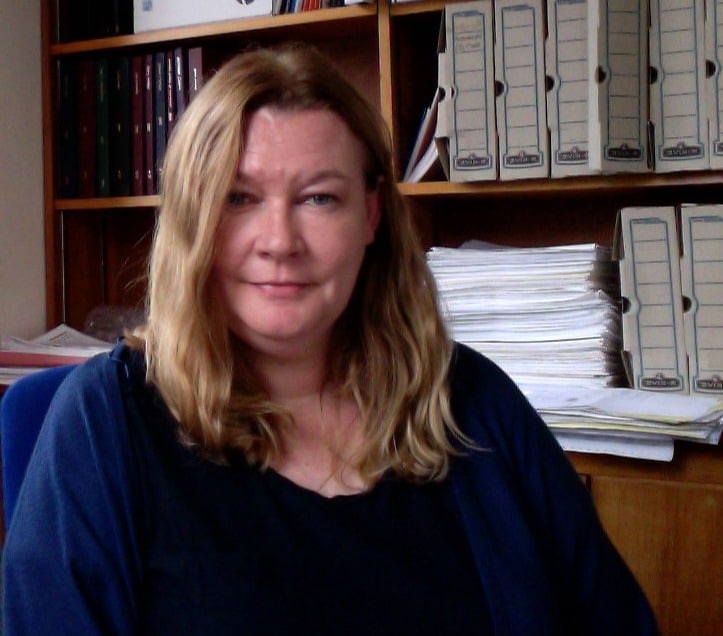
Twitter:@Kardoy
Karen is a Senior Lecturer in Physiology and Principal Investigator. Her research involves studying neurovascular stress and investigating novel strategies to protect brain tissue from damage. Within this, her focus is on understanding the pathophysiology of occlusive stroke and reperfusion injury. Her research group investigate the characteristics of human blood clots that cause ischaemic strokes and the effect of reperfusion on the survival of brain tissue. She was leader of Galway Neuroscience Centre (2004–2009) and a former Vice President of Neuroscience Ireland (2007–2009). She also received the President’s Award for Teaching Excellence in NUI Galway (2015) and the National Teaching Experts Award (2015), National Forum for the Enhancement of Teaching and Learning in Higher Education (in Ireland). She has been a Member of The Physiological Society since 2002 and has enjoyed making a contribution to The Society by serving on the Editorial Board of Physiology News since 2015.
